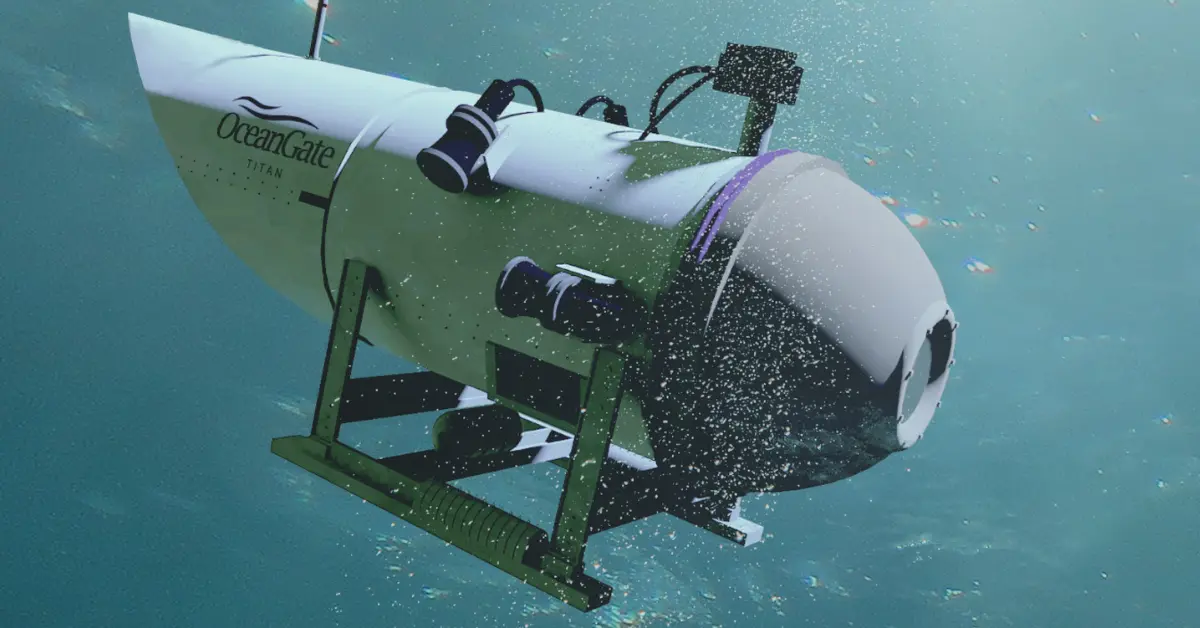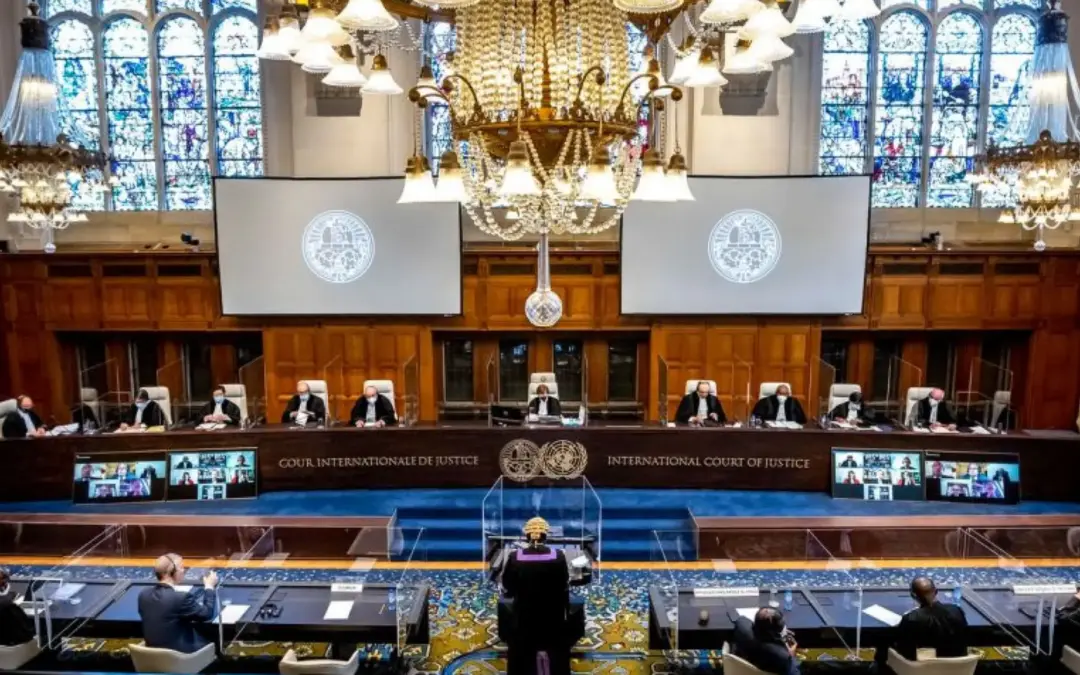In a devastating turn of events, Titan submarine crew exploring the wreckage of the RMS Titanic has been tragically killed due to a catastrophic implosion. This unforeseen disaster has sent shockwaves through the maritime community, reminding us of the dangers and risks associated with deep-sea exploration.
As we mourn the loss of these brave individuals, it is crucial to reflect on the importance of maritime safety and the pursuit of knowledge in the face of adversity.
The Ill-Fated Voyage
The ill-fated expedition began with the intention of delving into the mysteries of the Titanic, the iconic ship that tragically sank in 1912. Titan submarine crew , consisting of experienced deep-sea explorers, embarked on this journey to gain further insights into the historic disaster and to document the remains of the sunken vessel.
Their mission was fueled by a desire to uncover the truth about the Titanic’s final moments and to honor the memory of those who perished on that fateful night.
The Catastrophic Implosion
Tragedy struck when the submarine, exploring the depths where the Titanic lay, suffered a catastrophic implosion. The immense pressure at the depths of the ocean overwhelmed the vessel’s structural integrity, resulting in the loss of communication and, ultimately, the crew’s lives.
The details surrounding the implosion and the exact cause of the disaster are still under investigation, but this devastating incident serves as a stark reminder of the inherent risks associated with deep-sea exploration.
Honoring the Titan Submarine Crew
As news of this tragedy spread, condolences poured in from around the world, mourning the loss of the courageous crew members who lost their lives in pursuit of knowledge and exploration. These individuals were pioneers in their field, driven by a passion for uncovering historical truths and preserving maritime heritage.
Their unwavering dedication and sacrifice will be remembered as a testament to their love for the sea and their commitment to expanding our understanding of the past.
Ensuring Maritime Safety
The loss of the Titanic submarine crew underscores the importance of prioritizing safety in all maritime explorations. Deep-sea expeditions involve inherent risks due to the extreme conditions and unknown variables present in the depths of the ocean.
It is crucial for organizations and individuals involved in such endeavors to adhere to stringent safety protocols, invest in state-of-the-art equipment, and prioritize the well-being of crew members. Lessons learned from this tragic event must serve as a catalyst for improving safety standards and preventing similar incidents in the future.
The Pursuit of Knowledge
Despite the heartbreaking outcome of this mission, it is vital to remember the significance of the pursuit of knowledge and the exploration of our shared history. The discoveries made during deep-sea explorations have the power to reshape our understanding of past events, enrich cultural heritage, and advance scientific understanding.
As we reflect on this tragedy, we must not lose sight of the incredible contributions made by those who risk their lives to unlock the secrets of the deep, as their work continues to inspire generations to come.
The Bottom Line
The loss of the Titanic submarine crew is a profound tragedy that highlights the risks inherent in deep-sea exploration. As we mourn their untimely deaths, we must honor their memory by redoubling our efforts to prioritize maritime safety and ensure the well-being of those involved in these perilous endeavors.
The pursuit of knowledge should always be accompanied by a commitment to the safety and security of all individuals involved, as we strive to uncover the mysteries of the past while safeguarding the future of maritime exploration.











